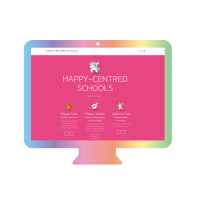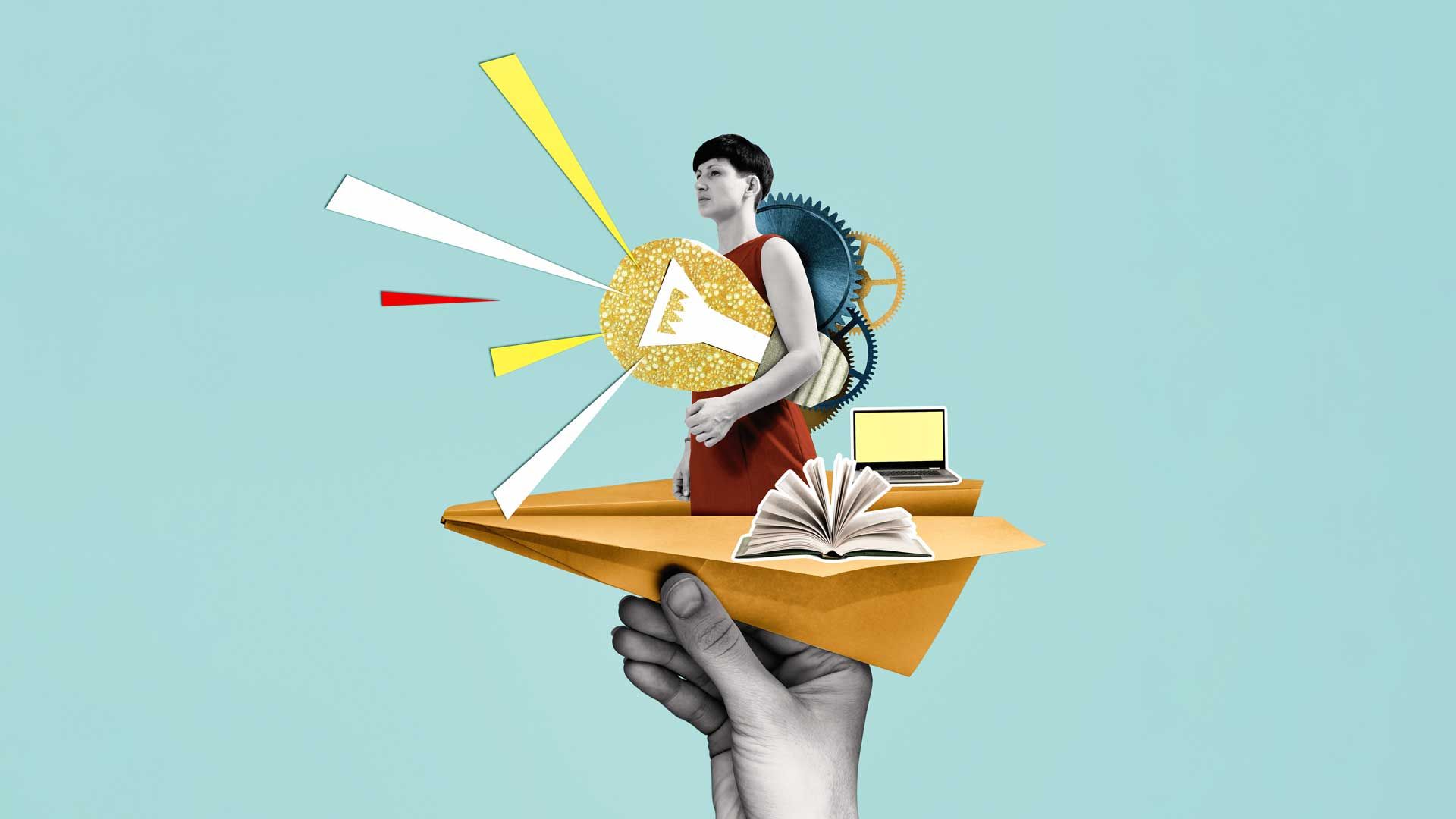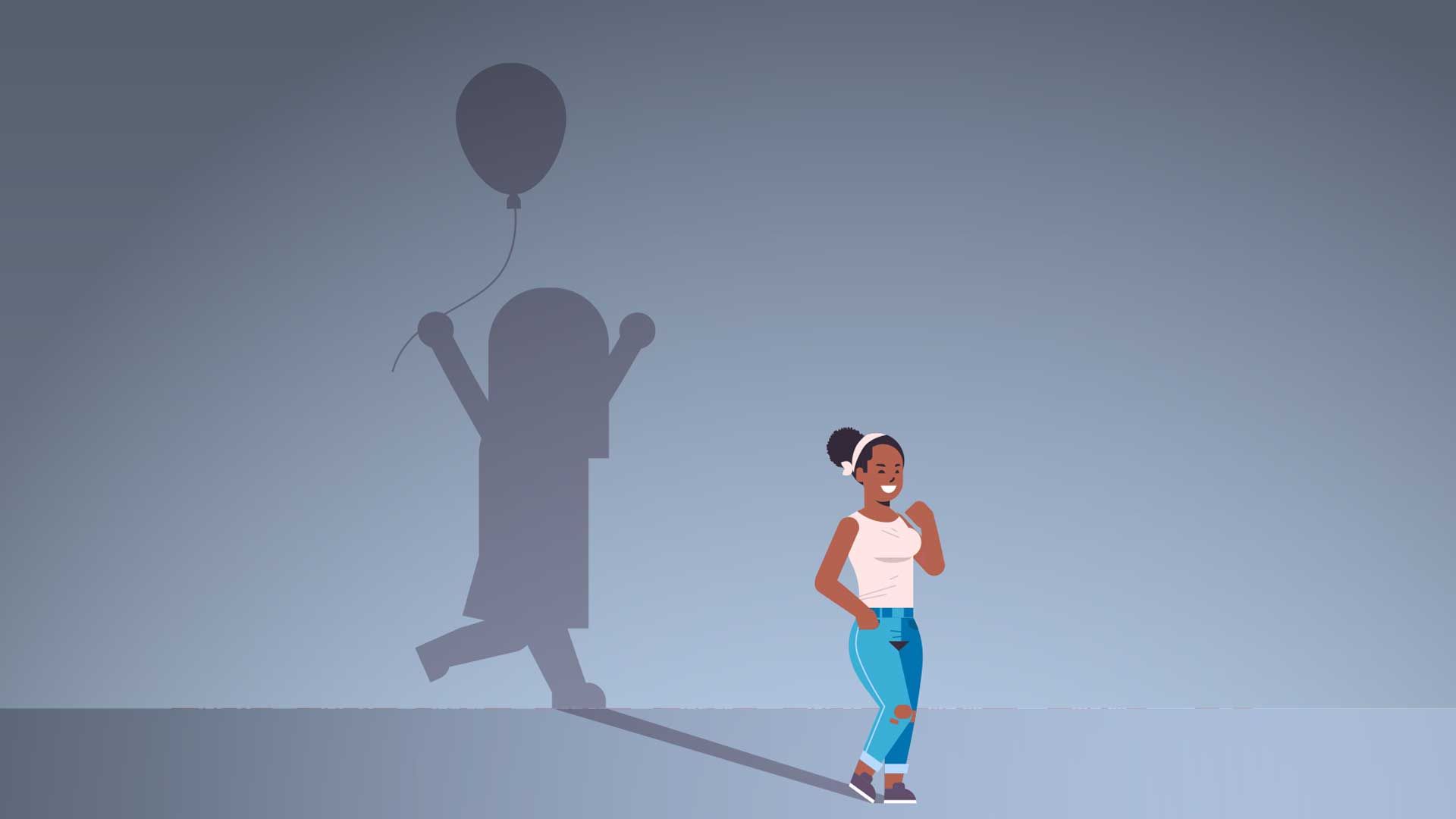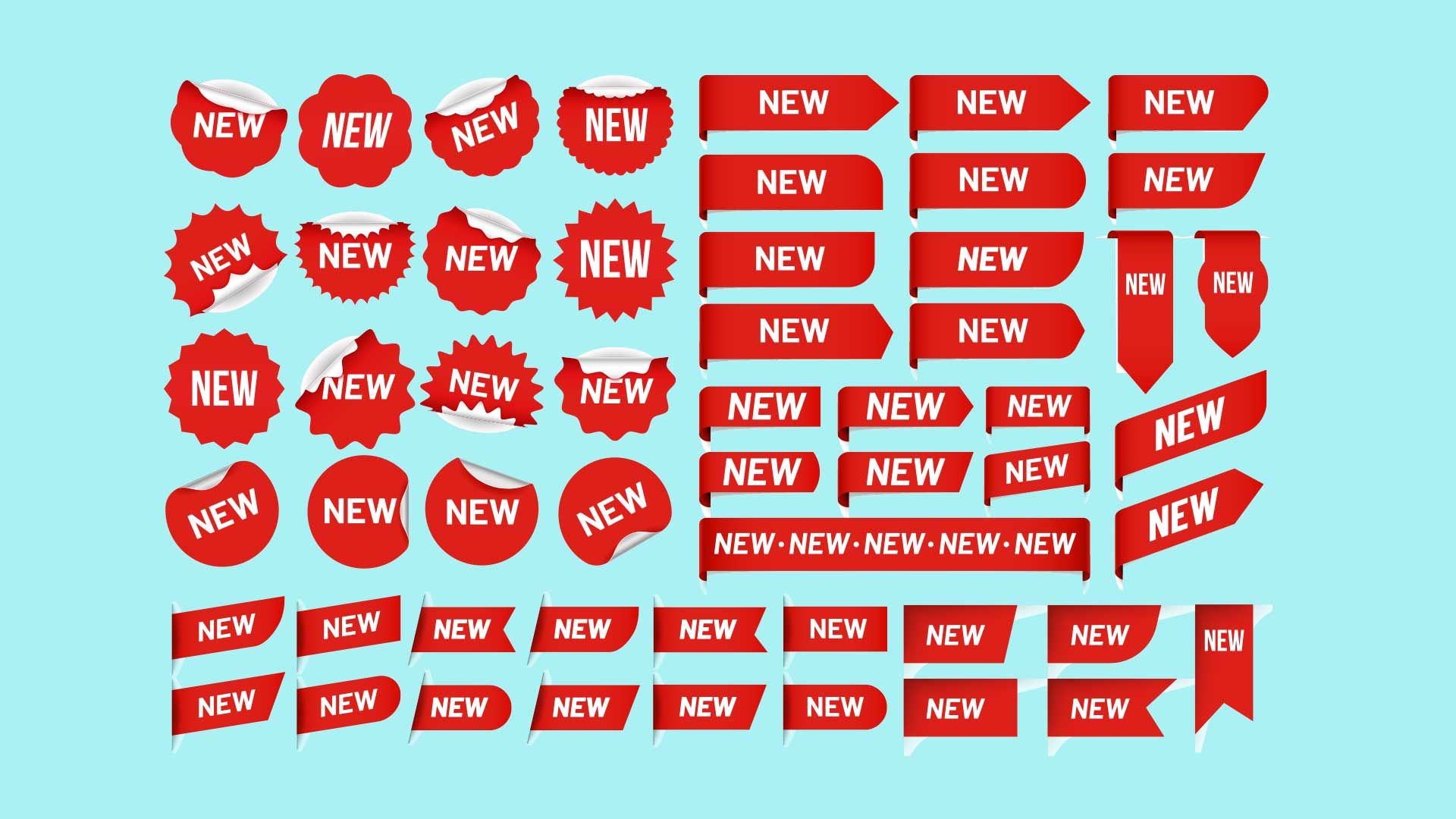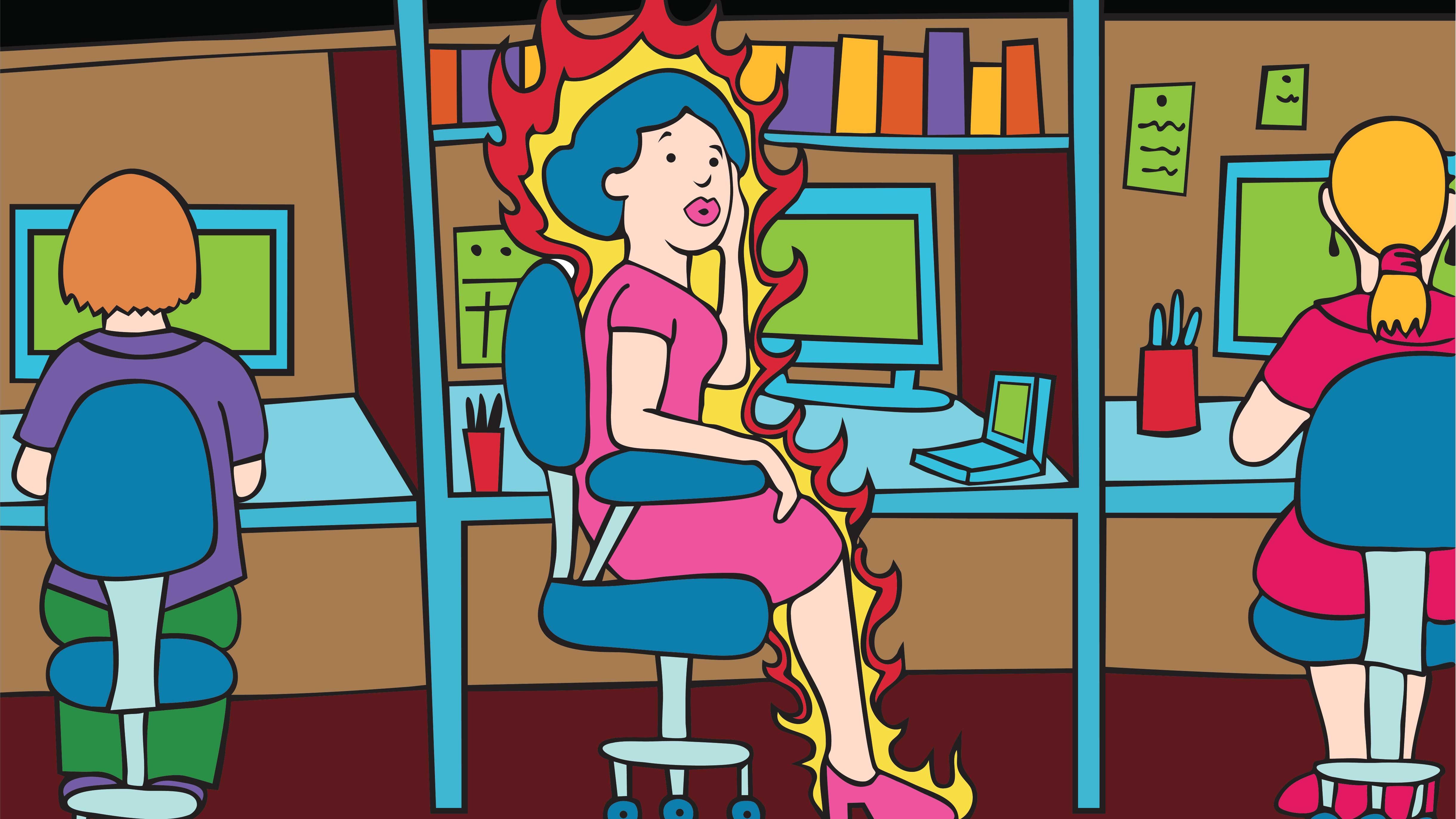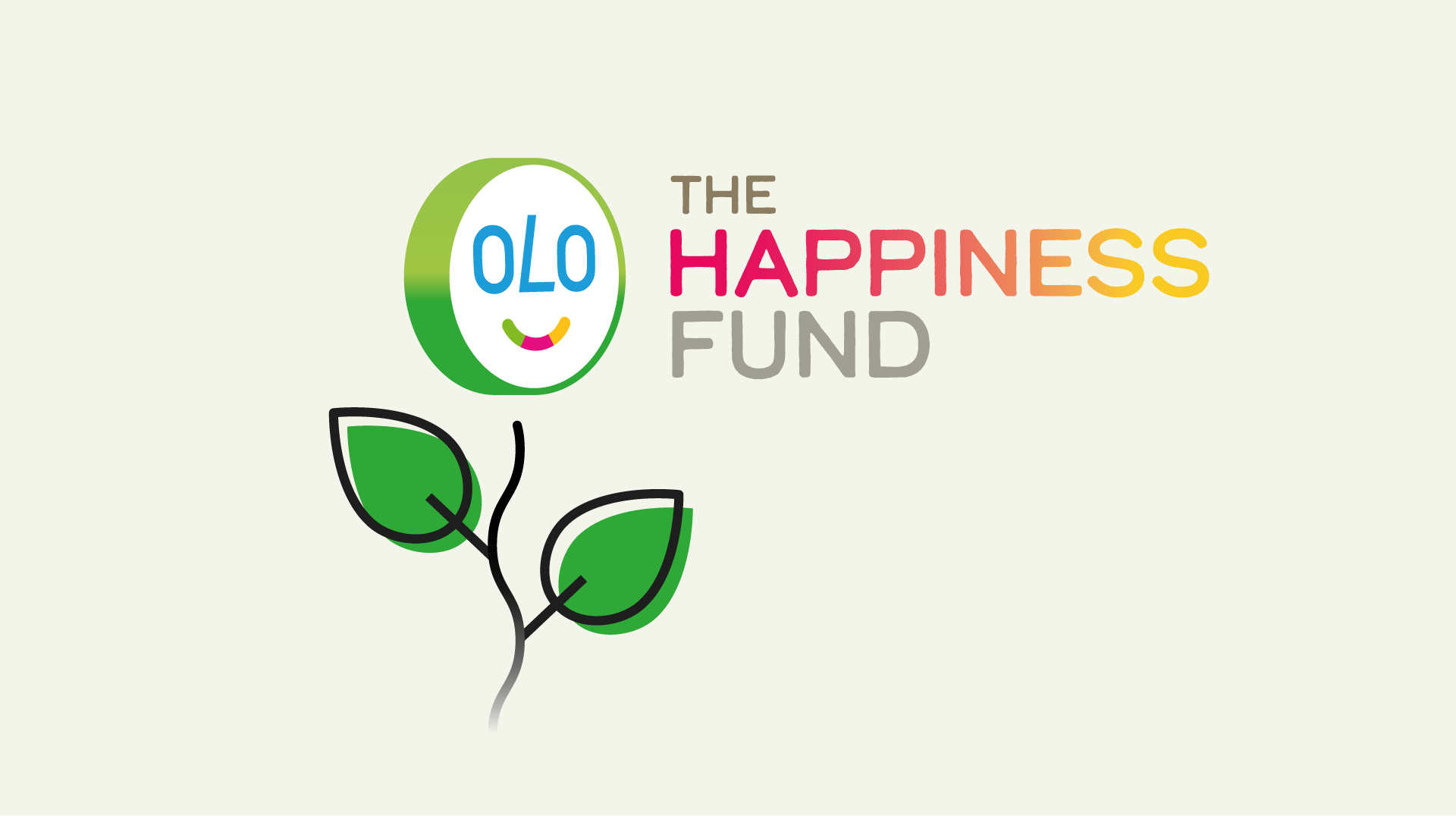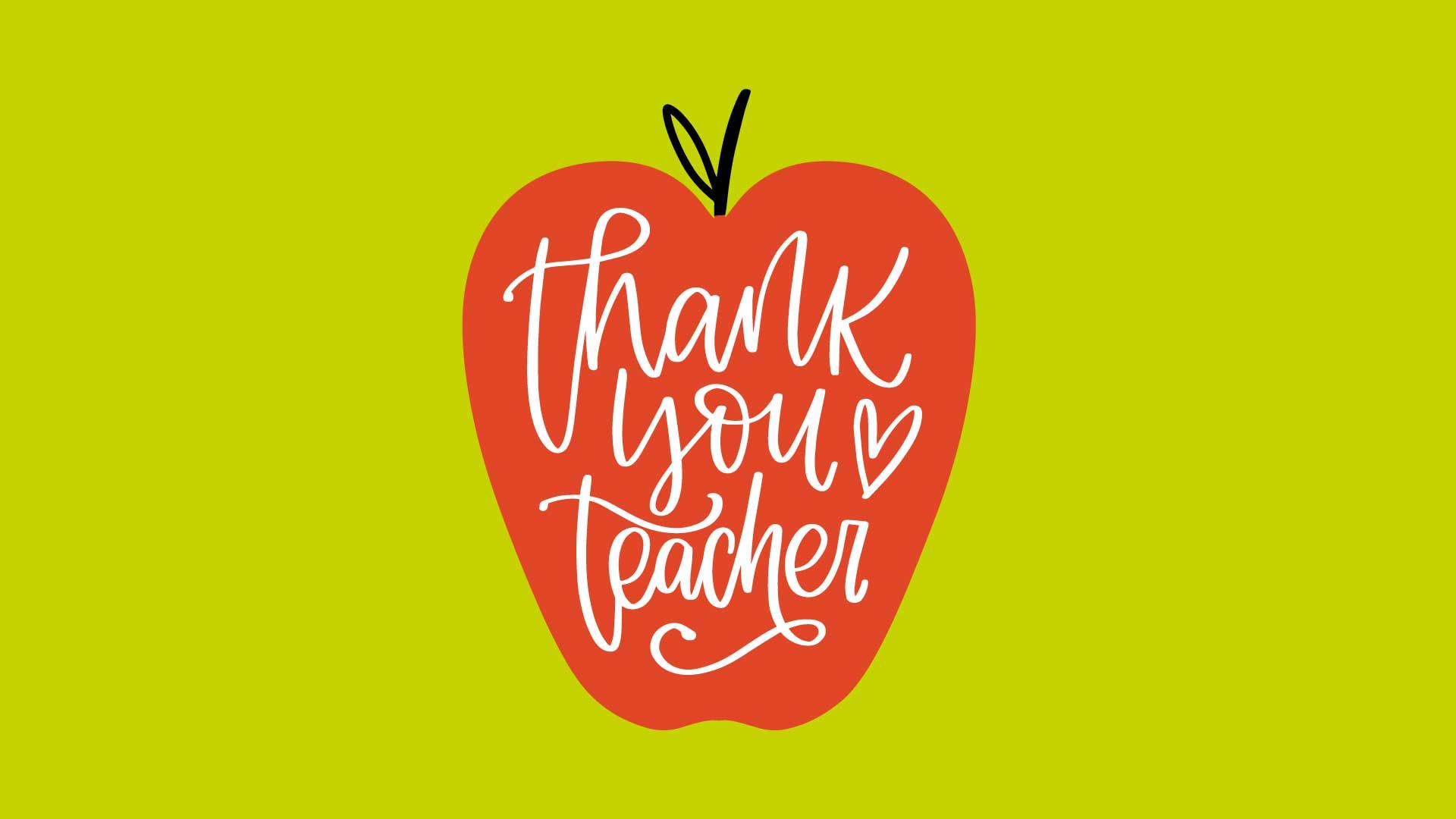How Laughology’s PSHE Lessons Help to Develop Respectful Relationships
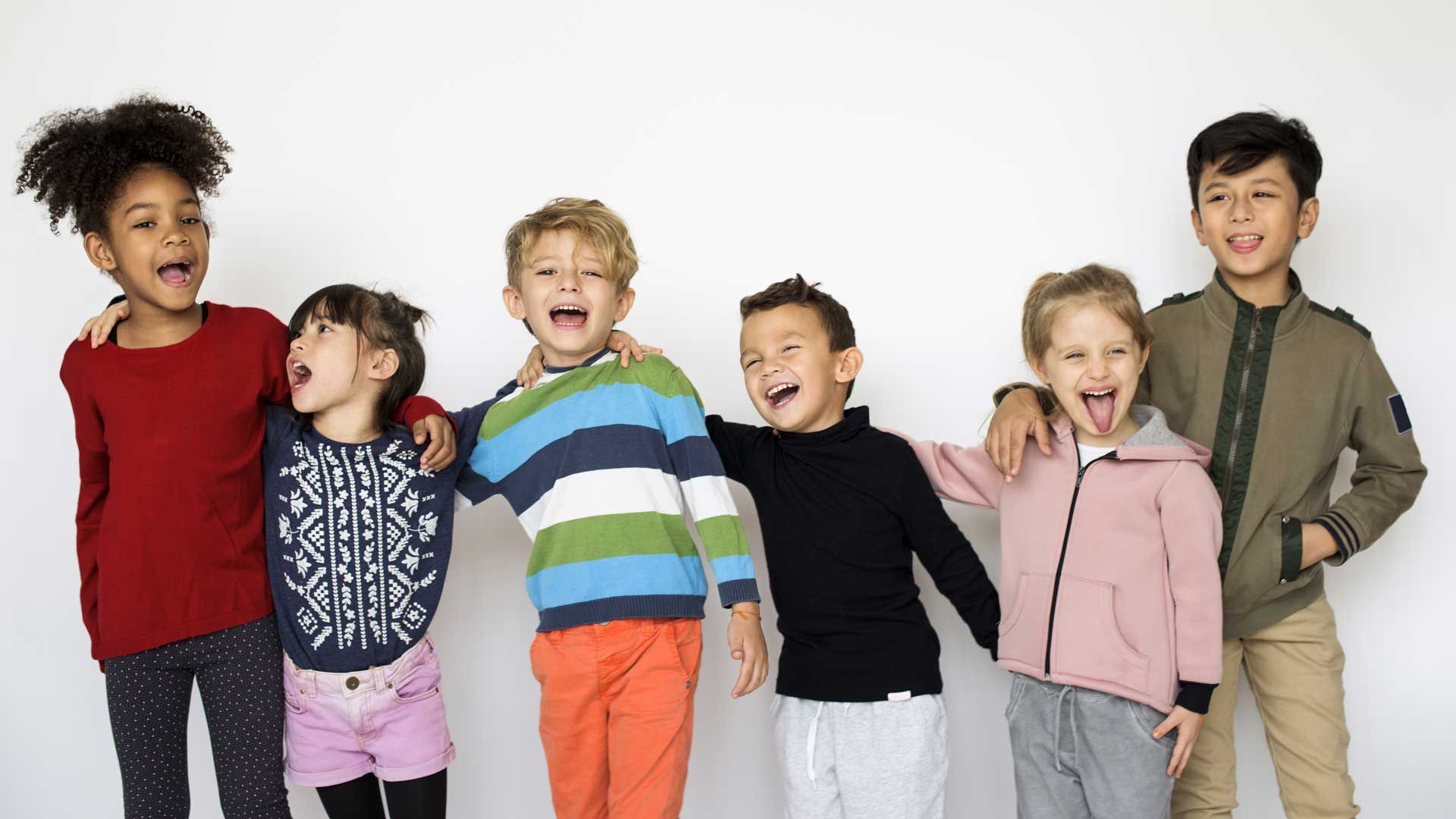
Building respectful relationships is a skill for all children to learn. Not only does it help them understand important social interactions when they are young, it also ensures that they’re able to manage their relationships as they become young adults.
Sadly, not all children understand what respectful relationships are. They don’t have experience of what they look like or sound like or, most importantly, feel like. Role models can be few and far between in their home environment, so it’s vital that we fill this gap, teaching them what respectful relationships actually are and why they’re important.
The Importance of Respectful Relationships
Do you remember the most popular girl or boy at your school? You know, the one who just oozed confidence, gliding down the corridors with grace and ease while the rest of us tripped over our own feet just to be within two feet of them.
In my case it was a girl called Jessica. Long legs, beautiful brown hair and a confidence I could only imagine having. My attempts to replicate her makeup made me look like I’d been hit in the eye with a lump of coal.
Jessica didn’t even know I existed. Shy, awkward and easily embarrassed, I don’t think I ever said one word to her. She would glide past in the corridor with her gaggle of girls and I would stumble past, looking at the floor.
To be in the gaggle was an honour. You held the power, the prime lunch spots and the party invites. But that honour came at a price. Girls were chosen to be in the gaggle, but only if they were deemed worthy. You had to do things to impress Jessica, you see, and if you weren’t brave enough, you weren’t granted permission to join.
Sounds like something straight out of Mean Girls. Regina George, eat your heart out.
Fast forward twenty (ish) years and things haven’t really changed. There’s still a pecking order. There are still popular and unpopular children in every class. Ones that glide and ones that stumble. Ones that hold the power and ones that can only imagine…
But, thankfully, our awareness of respectful relationships has changed. As teachers we recognise how important they are, and we do our best to address any imbalances.
A Respectful Relationships Toolkit
Having admission criterion for friendship is the least respectful thing someone can do. It reeks of shallowness, arrogance and insecurity. The good thing is teachers can do something about it. How? Well, we can help all children build a respectful relationships toolkit.
But which tools should be in there? Here are a few ideas:
Boundaries
Building appropriate boundaries helps children to grow relationships that bring a positive experience to their lives. Understanding what those boundaries should be and how they can put them into place helps to build their confidence and their self-respect. It ensures they don’t upset their friends by being inappropriate and helps them to protect their own happiness too.
Appropriate language
Understanding how to talk to people in a respectful way is important at both a young age and also as children grow older. Mistakes can happen, but it’s how children learn from these that counts. It’s always worth children considering how their words may have hurt someone’s feelings – what could they do/say differently next time?
Awareness of bias
Growing children’s knowledge and understanding of unconscious bias can help them to make more informed decisions about their interactions with others. A sound understanding from a young age can grow into a mature level of self-awareness as children enter adulthood. Further information on unconscious bias can be found here.
Respect – well…it would be hard to develop respectful relationships without it!
Modelling and talking about what respect really means can help children’s understanding – labelling actions as respectful or disrespectful can help distinguish and define things further.
Curiosity
We live in a wonderfully diverse society. Enabling children to have a healthy, respectful curiosity about families from around the world should be celebrated. Talking about how families might appear different to theirs or who have different traditions to their own, can help children appreciate the diversity around them.
How can we teach children about respectful relationships?
Laughology’s Happy-Centred Schools PSHE programme provides teachers with lessons and resources that develop children’s understanding of respectful relationships. Questions we encourage the children to consider are:
Foundation Stage
- What is friendly and unfriendly behaviour, and what can we do about it?
- How well do I know different people?
- How do we choose our friends?
Key Stage One
- What is special about my family?
- What mistakes might people make about you, if they didn’t know you?
- What do families around the world look like?
Key Stage Two
- What is privacy for adults and children, and why is it important?
- How do I respect people whose families are different to mine?
- How can I ensure boundaries keep me safe?
There will always be Regina Georges in this world. Or Jessicas. But by developing children’s understanding and awareness of what it means to be in respectful relationships, we can ensure they know just how to deal with them. Goodbye stumbling, hello glide…
- Created on .
